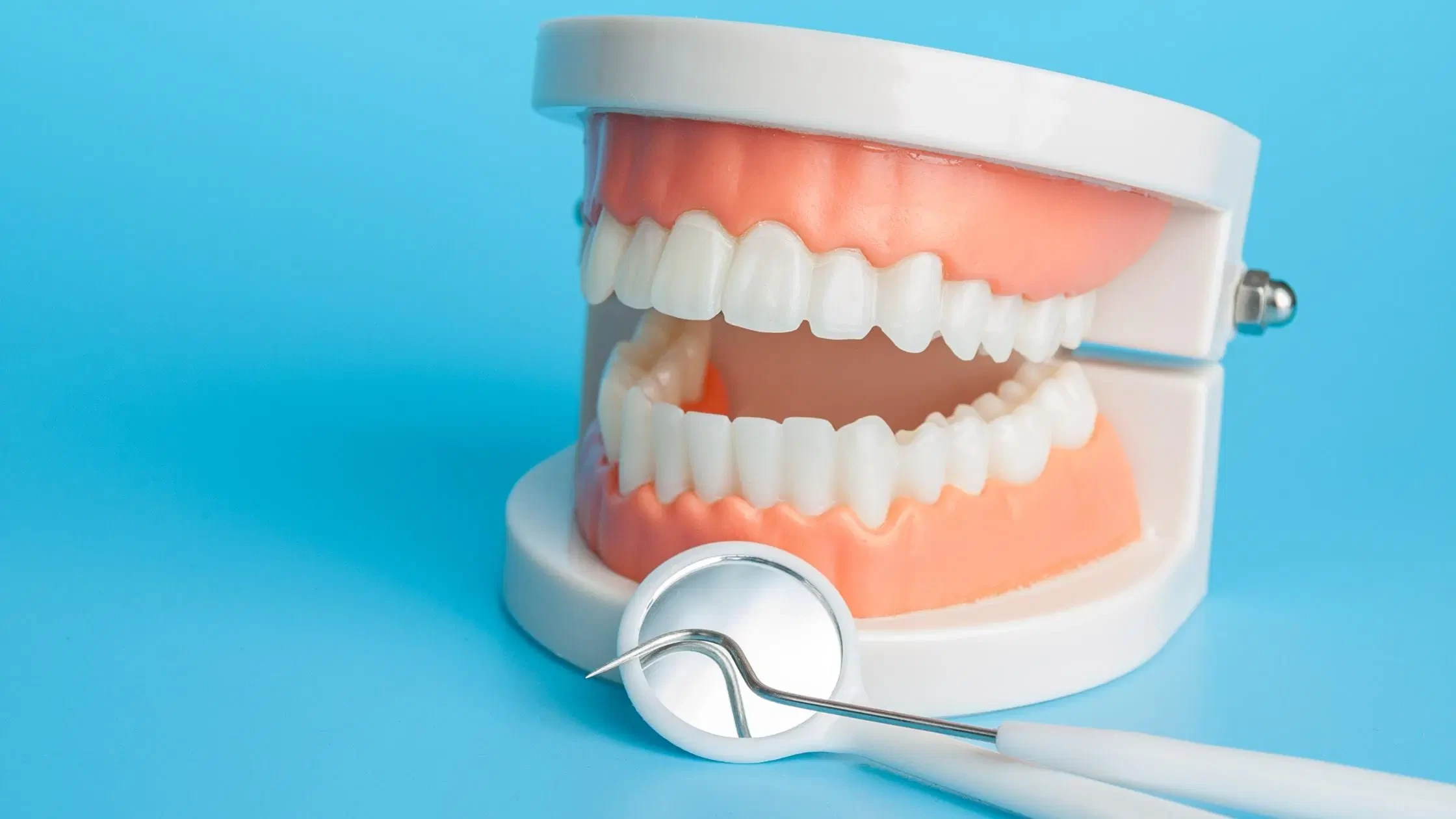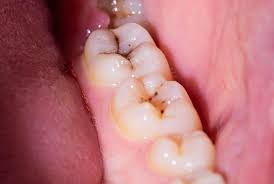
DO you find going to the dentist frightening, uncomfortable or anxiety-inducing or does it not bother you at all?
If I told you that visiting the dentist could prevent numerous systemic issues, would you reconsider?
It’s critical to realise that while dentists do not cure systemic health disorders, they can assist a great deal in diagnosing them in their early stages.
These conditions may include cancer, sexually-transmitted diseases, viral infections, and more.
A dentist does much more than just treat teeth, they also observe any anomalies pertaining to the mouth, including any lesions that develop in the oral cavity caused by various factors.
The mouth and the whole body are but one system, they cannot exist otherwise, paying attention to your oral health has a great impact on your whole well-being, and vice versa.
The dentist leads the way in a more holistic approach, not only in treating oral issues, but in healing the entire body.
The mouth is a gateway, but it’s also a mirror for things that are going on in other parts of the body.
For several reasons, this intricate connection between the mouth and the rest of the body is vital.
The skilled dentist first makes an abnormal oral finding and concludes it may be an oral sign of a systemic illness.
An enlarged gum, for instance, typically indicates a localised gum or periodontal disease process, but it may also be the initial sign of blood related cancers due to leukemic cell infiltration of the gum.
Another instance is when a patient with Type 1 diabetes has worsened periodontal disease.
Taking a patient’s history and gathering additional data (such as test results, doctor’s notes and talks) helps to assess how well a patient’s health permits them to handle challenging dental procedures (such as a patient with unstable angina).
The dental status of an individual can similarly have direct impact on their overall health.
For instance when there is complete absence of teeth in one’s mouth (edentulism), this impairs one’s capacity to chew food, which logically has consequences on maintaining a nutritious diet, thus resulting in gastrointestinal disorders especially for the elderly or other vulnerable people.
Additionally dental status can have an impact on overall health for instance it has been suggested that periodontal disease may increase the risk of vascular disease.
Three variables inform the dentist’s approach to systemic manifestations in the oral cavity: An anatomic approach (liver, bone marrow), a disease approach (hepatitis, leukemia) or a medication strategy (chemotherapy for cancer).
When it comes to the organ approach, the bone marrow, brain, endocrine system, heart, gastrointestinal tract, neuromuscular system, kidneys and liver are the organs that are most likely to provide oral findings.
The biggest issue with the organ approach to oral diseases is that patients may not be aware that they have a malfunctioning organ (liver failure, for example).
The disease approach focuses on the various diseases that occur with each organ or with multisystem problems.
A long list of general disease categories have oral manifestations, including allergies, cancer and immune suppression.
Similar to the organ approach, the issue with this approach is that patients may not always be aware that they have a systemic disease.
The organ and disease approach always discusses medications that can cause oral symptoms, such as those taken by patients undergoing intensive cancer chemotherapy or those taking one of the many psychotropic medications.
When a patient arrives at the dentist’s office, they may have subjective concerns about a change in their mouth or an objective discovery when a member of the dental team observes a noticeable alteration in the hard or soft tissues.
A limited number of subjective issues pertaining to the oral cavity may indicate a systemic illness or condition.
For instance, patients may experience gum bleeding from an anticoagulant drug, mouth ulcers from cancer chemotherapy or altered sensation (such as paresthesia) from a distant cancer.
In addition to having a change in their oral soft tissues, a certain individual may arrive at the dentist’s office entirely uninformed that they have a systemic condition.
Objective signs of systemic disease can include redness in the soft tissues of the mouth caused by an allergy to certain medication or changes in pigmentation from Addison’s syndrome (an uncommon illness that occurs when the body does not make enough of certain hormones).
Lastly, the lists of objective observations and subjective grievances significantly overlap.
The patient may have observable changes in the colour of a patch of the mouth’s soft tissue (for example leukoplakia following kidney transplantation) such that a member of the dental team may notice them in the early stages and recommend diagnostic tests, thus higher chances of appropriately addressing the problem before it gets complicated.
- Patience Matambo is final year BSc Dental Surgery candidate at the People’s Friendship University of Russia. She can be reached at patiencedental2024@gmail.com











